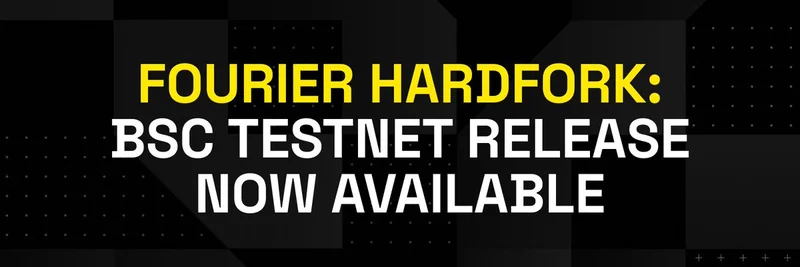Hey there, crypto enthusiasts! If you’ve been scrolling through X lately, you might have stumbled upon a witty take from mert | helius.dev (@0xMert_) that’s got everyone talking. On July 14, 2025, mert dropped a gem referencing Peter Thiel’s famous business philosophy: "the best businesses are monopolies with a secret. You must be doing what no one else is doing." Mert’s clever twist? "Crypto: hmm ok best I can do is 800 treasury companies." This sparked a hilarious and insightful thread that’s worth diving into. Let’s break it down and see what it means for the blockchain world in 2025!
The Thiel Philosophy: Monopolies with a Secret
For those unfamiliar, Peter Thiel—co-founder of PayPal and Palantir—is a big name in the startup world. He argues that the most successful companies, like Google, dominate their markets by offering something unique that others can’t replicate. This “secret sauce” lets them set prices and build lasting value. In his book Zero to One, Thiel suggests starting small, mastering a niche, and then expanding. It’s a strategy that’s worked wonders for tech giants, but does it apply to the wild west of cryptocurrency?
Crypto’s Take: 800 Treasury Companies and Counting
Mert’s quip about “800 treasury companies” points to a growing trend in 2025. Companies like MicroStrategy (MSTR) and Block (XYZ) are adding Bitcoin to their treasuries, treating it like digital gold. According to Charles Schwab’s insights, this move changes their financial fundamentals and gives investors crypto exposure without buying coins directly. But with so many jumping on the bandwagon, is this really a “secret” monopoly, or just a crowded party?
The thread’s replies add some flavor. tycayomide jokes that crypto’s “secrets” are just everyone shouting the same ideas with a twist. Meanwhile, xwwppp raises an ironic point: could decentralized crypto end up creating centralized monopolies? It’s a paradox worth pondering as the industry evolves.
Meme Coins: The Wild Card in the Monopoly Game
The thread also veers into meme coin territory, with 0xRivi mentioning “1000 meme projects” and ApeBotSol pushing for Solana (SOL) to hit $500. Meme coins, like Dogecoin or Shiba Inu, often start as jokes but can explode in value—think of Dogecoin’s 2021 moonshot. CoinMarketCap tracks these tokens, noting their volatility and “get-rich-quick” appeal. But can a meme coin ever be a Thiel-style monopoly with a secret? Maybe if it finds a unique use case or community loyalty that others can’t match.
The Irony of Decentralization
One standout reply from xwwppp highlights the irony: crypto’s decentralized promise might birth monopolies. This echoes a16z crypto’s take that centralized platforms dominate digital services, and decentralization is the counterpunch. With blockchain tech maturing, we’re seeing more scalable solutions, but the risk of a few players (think big exchanges or staking pools) taking over looms large.
What Does This Mean for 2025?
As of 07:34 AM JST on July 15, 2025, the crypto landscape is buzzing. Treasury companies are betting big on Bitcoin, meme coins are riding hype waves, and Thiel’s monopoly idea is being tested in this chaotic market. The secret might not be a single innovation but a blend of strategy, timing, and community trust. For blockchain practitioners, this is a goldmine of opportunity—whether you’re building the next meme token or advising a treasury shift.
What do you think? Can crypto crack the monopoly code, or are we just seeing a lot of noise? Drop your thoughts in the comments, and stay tuned to meme-insider.com for more deep dives into the meme coin universe!



